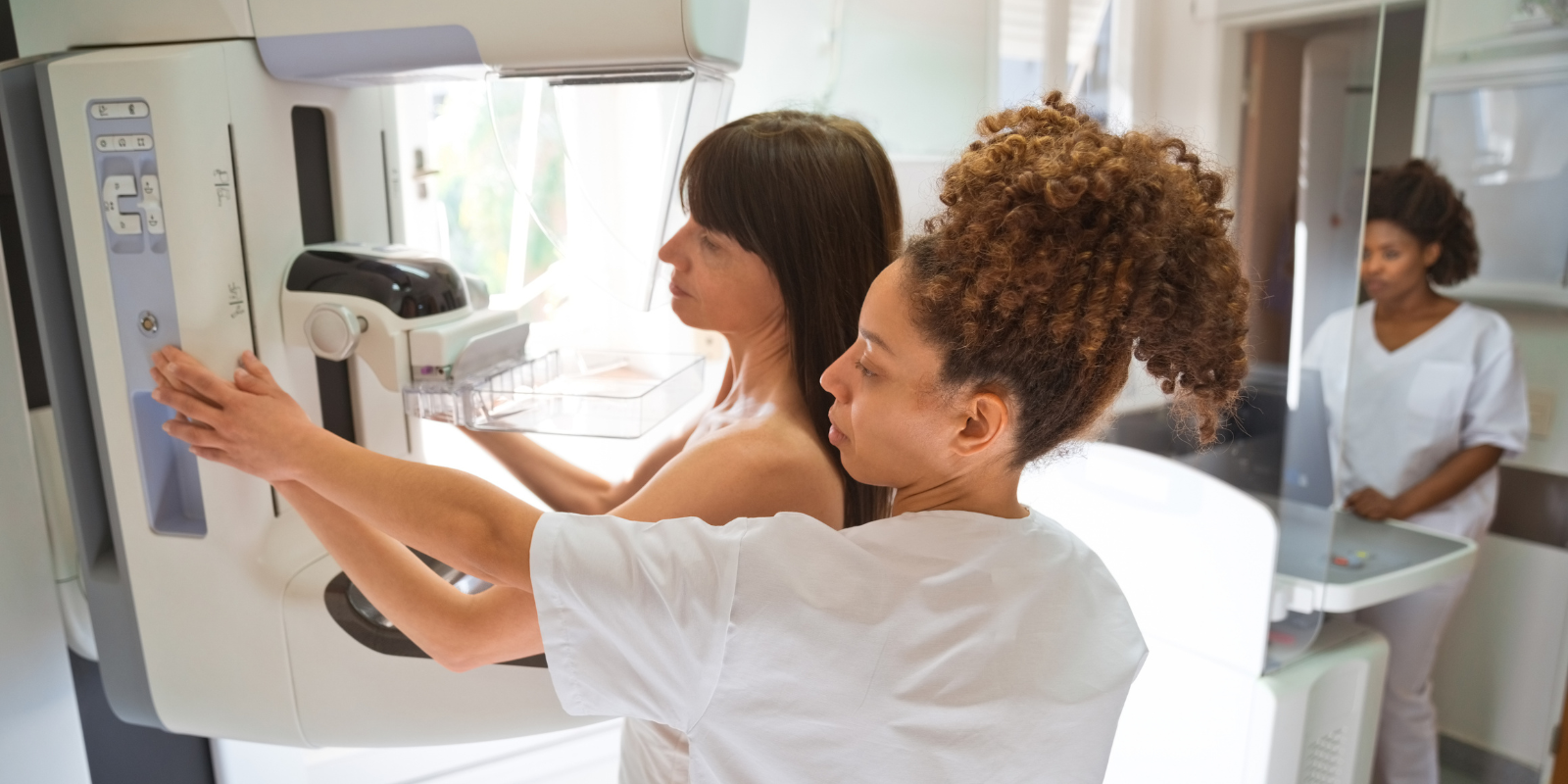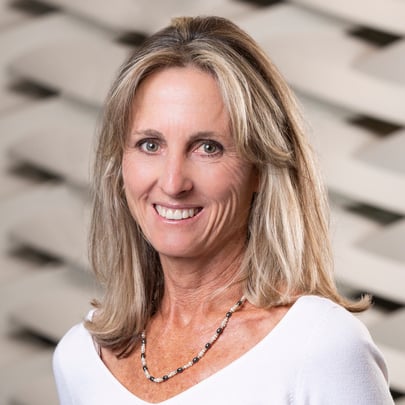Screening is vital to detect breast and cervical cancer early so it can be treated. But what about women who get screened but can’t access treatment?
That’s a gap the University of Colorado Cancer Center is trying to help fill. It’s partnering with a statewide network of community clinics that screen underinsured, low-income people for breast and cervical cancer, navigating them to affordable cancer care even if they don’t qualify for Medicaid.
The new initiative is in partnership with Women’s Wellness Connection (WWC), a program of the Colorado Department of Public Health & Environment that offers free breast and cervical cancer screenings at more than 100 clinics across Colorado to those who qualify.
The CU Cancer Center’s Office of Community Outreach & Engagement (COE) has begun providing patient navigation services through several of WWC’s clinics (see a list below). The initiative helps people diagnosed with cancer to find treatment, even though they’re not eligible, because they don’t meet the eligibility criteria for a state Medicaid program that covers cancer treatment costs.
“It’s wonderful that we’ve been able to help,” says Jan Lowery, PhD, MPH, the CU Cancer Center’s assistant director for dissemination and implementation and a COE leader. Organizations funded by WWC she says, “have been struggling to find treatment for these women. And it’s really been a problem for them, given that people are screened but finding treatment resources are challenging.
“This partnership is essential to our ability to increase availability of affordable treatment for all Coloradans,” says Ivy Hontz, WWC’s program coordinator and a member of COE’s Community Advisory Council. “By working together, we can ensure that individuals diagnosed with these cancers have access to the care they need.”
Eligibility for screening
The WWC screening program for breast and cervical cancer serves eligible people in Colorado with no health insurance or limited insurance and who are on a limited income. Generally, their income level must be under $37,650 per year for a single person and under about $78,000 for a household of four. WWC serves people who need breast and cervical cancer screenings as part of their routine health care, including those who are transgender or gender nonconforming.
For breast cancer screenings, WWC provides mammograms for eligible people over age 40. For cervical cancer screening, it offers Pap tests and/or an HPV test for those eligible ages 21 to 64.
For eligible low-income people who are diagnosed with breast or cervical cancer at a WWC clinic and who are uninsured, the state’s Breast and Cervical Cancer Program (BCCP) covers treatment through providers affiliated with Health First Colorado, the state’s Medicaid program.
However, while WWC is able to provide screening for people whether they are eligible for Medicaid or not, those ineligible for Medicaid might not be able to access affordable care if they are diagnosed.
‘We can fill that gap’
“There was a gap, which we learned about when [WWC Section Manager] Emily Kinsella came to one of our cancer center meetings and shared that this was a need. And so COE stepped in and said, ‘We can fill that gap,’” Lowery says.
COE’s bilingual patient navigators – Samantha Garcia and Carlo Caballero – help steer patients through the health care system and connect with care. Garcia, working in conjunction with the WWC screening program, so far has helped about 11 people diagnosed with cancer to find treatment by providers across Colorado, including at UCHealth University of Colorado Hospital (UCH), a CU Cancer Center clinical partner.
“Typically, I navigate most women to treatment within a week of being referred,” Garcia says. “This involves coordinating with various facilities, obtaining medical records, and communicating with the patient. Each patient’s unique needs and the timing of our initial contact can affect the timeline, though most cases are managed promptly.”
One tool the navigators use to help patients find affordable treatment is the state’s Hospital Discounted Care program, established by the Colorado legislature in 2021. It limits the amounts that qualifying low-income patients can be billed for health care services by hospitals and providers who work there. Hospitals also offer various levels of free or discounted charity care based on ability to pay and other factors.
“For women who choose to come to UCH for treatment, we will provide them with an opportunity to participate in a clinical trial if they qualify,” Lowery says.
List of clinics
The WWC clinic locations across Colorado where COE offers patient navigation services currently include:
- Adams County Health Department – north Denver and Westminster
- Arapahoe County Health Department – Aurora and Englewood
- Boulder Valley Health Center – Boulder
- Clinica Colorado – Westminster
- Delta County Health Department – Delta
- Dream Centers Women’s Clinic – Colorado Springs
- High Plains Community Health Center – Holly, and Lamar
- Heart of the Rockies Regional Medical Center – Buena Vista and Salida
- Kit Carson County Public Health – Burlington, Flagler, and Gordon
- La Plata County Public Health – Durango
- Marillac Health – Grand Junction
- Montrose Regional Health – Montrose
- Peak Vista Community Health Center – Strasburg
- Sheridan Health Services – Sheridan
- Summit Community Care – Leadville
- Sunrise Community Health Center – Evans
- Valley-Wide Health Systems – Alamosa
Lowery hopes that COE eventually will be able to bring on more patient navigators to help more people diagnosed with cancer find care.



.png)
